Emergence of Agentic Programming with Claude Code
Artificial Intelligence has entered a new phase—Agentic Programming. Unlike traditional programming where humans write step-by-step instructions, agentic programming empowers AI systems to act as autonomous agents capable of reasoning, decision-making, and executing tasks across different environments. One of the notable advancements in this space is Claude Code, Anthropic’s developer-focused AI assistant designed to make coding more interactive, intelligent, and agent-driven.
What is Agentic Programming?
Agentic programming refers to building systems where AI models act like autonomous collaborators rather than passive tools. Instead of just completing isolated tasks, agentic AIs can:
-
Understand goals and context.
-
Break problems into smaller steps.
-
Execute code, test solutions, and improve iteratively.
-
Adapt their behavior based on real-time feedback.
This is a significant leap from conventional prompt-response AI usage, bringing us closer to human-machine collaboration that feels natural and productive.
Claude Code: Redefining AI-Powered Development
Claude Code is Anthropic’s contribution to this new era. It blends large language model capabilities with safety, reliability, and reasoning, making it well-suited for agentic programming use cases. Developers can now:
-
Automate repetitive coding tasks such as debugging or refactoring.
-
Collaborate with an AI partner that reasons through problems.
-
Leverage context-awareness, where Claude remembers goals and adapts.
-
Explore safer AI coding practices, thanks to Anthropic’s constitutional AI principles.
Why It Matters
The rise of agentic programming with tools like Claude Code is more than just convenience—it represents a paradigm shift in how software is built:
-
Faster development cycles through automation.
-
Reduced cognitive load for programmers.
-
More reliable systems as AI assists in finding edge cases and errors.
-
Increased democratization—empowering even non-experts to engage with software creation.
Frequently Asked Questions (FAQs)
Q1. What makes agentic programming different from traditional programming?
Traditional programming requires explicit human-written instructions. Agentic programming enables AI to act as a problem-solver that can plan, execute, and refine tasks autonomously.
Q2. How does Claude Code support agentic programming?
Claude Code provides context-aware, reasoning-based coding assistance. It can debug, refactor, suggest improvements, and work iteratively—like an AI teammate.
Q3. Is Claude Code safe for enterprise use?
Yes. Anthropic designed Claude with constitutional AI principles, ensuring safer, more reliable outputs compared to purely generative models.
Q4. Can agentic programming replace human developers?
No. It enhances human productivity but still requires developers to guide, validate, and oversee the AI’s actions. Think of it as augmentation, not replacement.
Q5. What are the real-world applications of agentic programming?
Some key applications include automated testing, workflow automation, intelligent debugging, personalized coding education, and AI-powered software prototyping.













 2025. All rights reserved
2025. All rights reserved